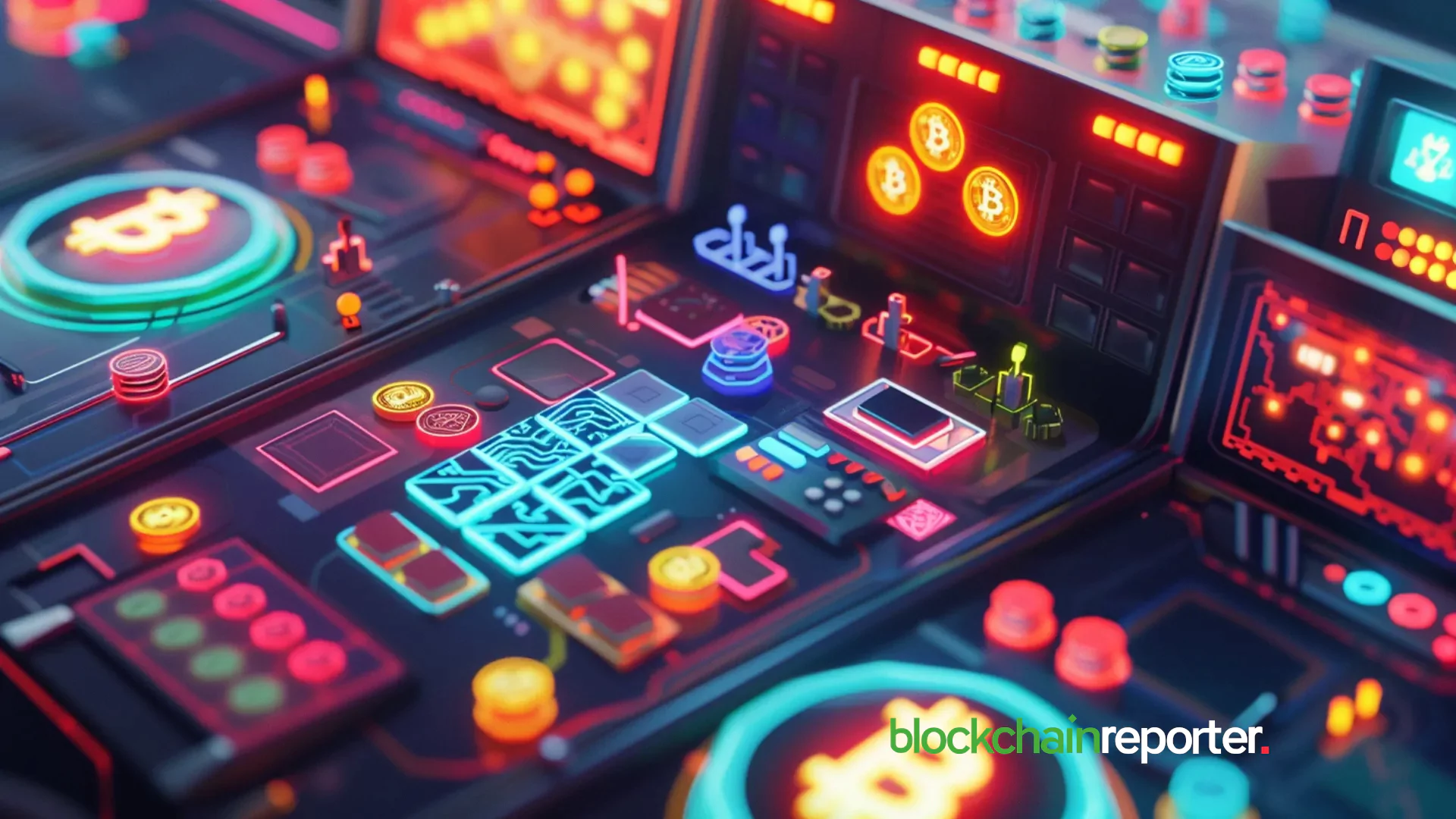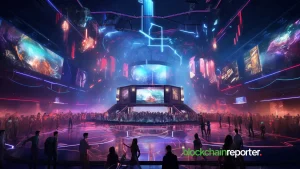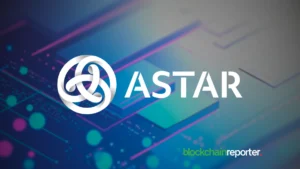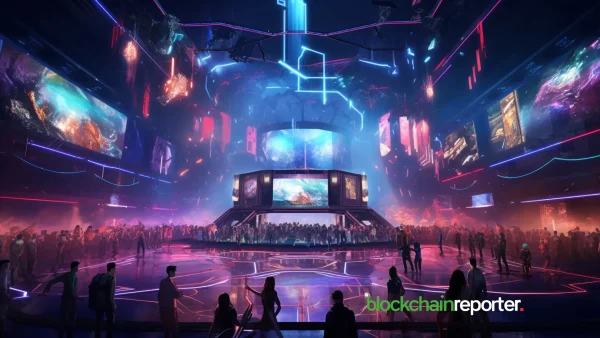
Improbable generates Blockchain Project that VC evaluated $1 billion. Improbable Worlds Ltd., which has been one of the most lavishly funded European video game firms in recent years, claims that it can bridge the gap between blockchain technology and the Metaverse, which are the two technologies that venture capitalists are most enthusiastic about right now. As a result, its backers have pledged approximately $150 million to the new project that Improbable is working on, which is called M².
The blockchain-enabled technology, which has the phonetic pronunciation “M Squared,” has the potential to enable many virtual worlds to communicate with one another. According to Improbable, the new investment places a $1 billion valuation on M² and is led by two companies that have been supporting Improbable for a long time: Andreessen Horowitz and SoftBank Group Corp.
It is a fresh start as Improbable generates Blockchain Project that ventures evaluated $1 billion. The valuation of the London-based firm, Improbable, increased to over $2 billion as a result of an influx of $550 million from investors over a period of 14 months beginning in 2017. Improbable has stated that M² is a separate entity, despite the fact that the blockchain venture is valued at only half of that amount.
According to Herman Narula, the co-founder and chief executive officer of Improbable as well as the leader of M², the most recent investment is a wager on a future that is distinct from what Improbable was doing in the past. According to him, the company has been working on Web3-related technology, research and development, and other projects for the past year, and this is the end result of those efforts.
Support Large-Scale Online Multiplayer Games
Improbable, established in 2012, develops software to support massively multiplayer online games. Despite its substantial financial support, the firm has seen a number of failures, including the failure of various games utilizing Improbable’s technology and a high rate of executive turnover. Herman Narula recognized that the company’s initial technology was costly and cumbersome to operate. He says that the operation was more difficult than it should have been.
Morpheus, a new product introduced by Improbable in 2021, enables more than 10,000 players to coexist in the same virtual world. For instance, Fortnite, an online battle game with over 350 million registered users, has a 100-player limit for every gaming session. Herman Narula says that the capacity to have more participants in a digital world would assist in making the Metaverse a reality.
While Improbable generates Blockchain Project that ventures evaluated $1 billion, it is important to note that in Silicon Valley, the Metaverse became a catchphrase after Facebook changed its name to Meta Platforms Inc. Critics argue that the idea is exaggerated and unproven as a business model. Meta announced a quarterly loss of $3.3 billion from its investments in the Metaverse, and its shares plummeted a staggering 27% in February.
In Improbable’s designs for the Metaverse, Morpheus and M² are integrated, allowing different users to interact and move across blockchain-based realities. M² also permits players to utilize non-fungible tokens (NFTs) that relate to virtual things and products, such as toys or clothing, within these virtual environments.
M²’s Approach to Counter Multiple Risks
There are risks associated with linking various games. Axie Infinity, a leading cryptocurrency game, was hacked for $600 million owing to a security flaw in a bridge connecting the game to Ethereum’s blockchain. Such bridges, according to Narula, are “a rather basic method” for connecting blockchains, and his team aims to publish a white paper on M²’s cybersecurity strategy. The usage of NFTs in video games is another difficult subject. Many gamers perceive them to be a money grab.
Representatives of Electronic Arts Inc., Square Enix Holdings Co., and Ubisoft Entertainment SA were booed at the Game Developers Conference last month after expressing interest in NFTs or revealing their work with the technology. Narula says that after experiencing M²’s implementation, gamers may feel otherwise. It would allow owners of virtual items to transfer them between games with ease. Narula says that the value of the assets individuals purchase, acquire, or utilize is contingent on their ability to be transported to other locations.
Another source of dispute is the structure of the M² transaction. As with many other crypto investments, the backers will eventually earn vast quantities of crypto tokens that provide them voting rights in the operation of the network. In addition to Andreessen Horowitz and SoftBank, the round included crypto-native investors such as Digital Currency Group, Ethereal Ventures, and CMT.
The influence or, according to some, control of venture capitalists on Web3 projects can conflict with the decentralized ethos. In the case of M², the deal will not grant the investors majority control of the project, according to Narula. Eventually, in Narula’s words, it would be regulated by users, as the company aims to reach a point where the communities that comprise the network have a great deal more input. While Improbable generates Blockchain Project that ventures evaluated $1 billion, the firm aims to mitigate all these risks.
READ MORE:
P2E Gaming Platform DeFi Kingdoms Partners with PlayOne Games to Drive Web3 Gaming Adoption
Elrond Transforms Into MultiversX, Launches 3 New Metaverse Products









